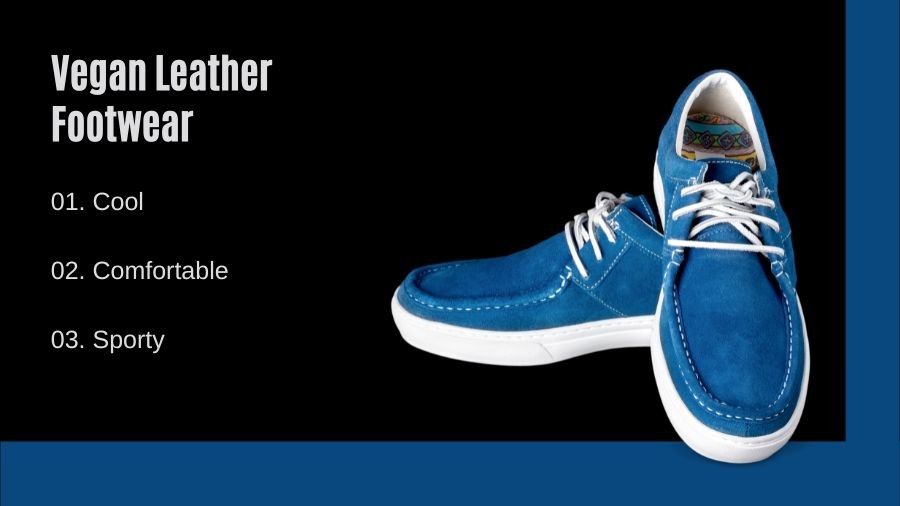Vegan Leather Footwear Gains Popularity Amid Growing Environmental Awareness

The fashion industry is witnessing a significant shift as vegan leather footwear becomes increasingly popular. Consumers are more aware of environmental issues and are choosing sustainable alternatives. Vegan leather, made from synthetic or plant-based materials, provides an ethical choice compared to traditional leather.
Traditional leather production is resource-intensive, using large amounts of water and chemicals. Vegan leather reduces this environmental impact. New materials like mushroom leather and pineapple leaves are now used to create high-quality products, offering both style and sustainability.
The vegan leather market is growing rapidly. It is projected to reach around $89 billion globally by 2025. This growth is driven by consumers' increasing preference for eco-friendly products and advancements in material technology.
Retailers are responding to this shift by expanding their product lines to include vegan leather footwear. High-performance athletic footwear brands are also incorporating vegan materials into their designs, meeting the demand for both style and sustainability.
Vegan leather often comes at a lower price than traditional leather. Production costs are generally lower due to reduced raw material expenses.
The affordability of vegan leather makes it appealing to both budget-conscious shoppers and those seeking ethical purchases. Wholesale prices for vegan leather shoes are competitive, helping retailers offer eco-friendly options to their customers.
A growing number of direct-to-consumer brands are specializing in vegan leather products. These brands offer a variety of stylish and sustainable footwear directly to consumers, cutting out middlemen. This approach allows for more competitive pricing and stronger customer relationships.
The appeal of vegan leather footwear extends beyond eco-conscious buyers. Many are attracted to the look and performance of these products. Advances in material science have resulted in vegan leathers that closely resemble traditional leather. High-performance athletic footwear made from vegan leather is particularly popular among athletes who value both functionality and sustainability.
Vegan leather footwear is available in a wide range of designs and styles, from casual sneakers to elegant dress shoes. This versatility ensures that there is a suitable option for everyone, regardless of style preferences.
However, vegan leather is not without its challenges. Some types are made from petroleum-based plastics, which can have environmental impacts. The industry is working to address these issues by developing more sustainable options, such as materials made from recycled resources or natural fibers.
Consumers interested in vegan leather should research the different types of materials used. Not all vegan leathers are equally sustainable, and understanding production methods can help make informed choices.
The shift towards vegan leather is influencing other areas of fashion. Designers and manufacturers are exploring new materials and sustainable practices. This broader trend reflects a commitment to reducing environmental impact and promoting ethical fashion.
As vegan leather footwear continues to gain traction, it is clear that the market is evolving. Retailers, manufacturers, and consumers are all contributing to this transformation. With ongoing advancements in material technology and growing consumer awareness, the future of vegan leather looks promising.